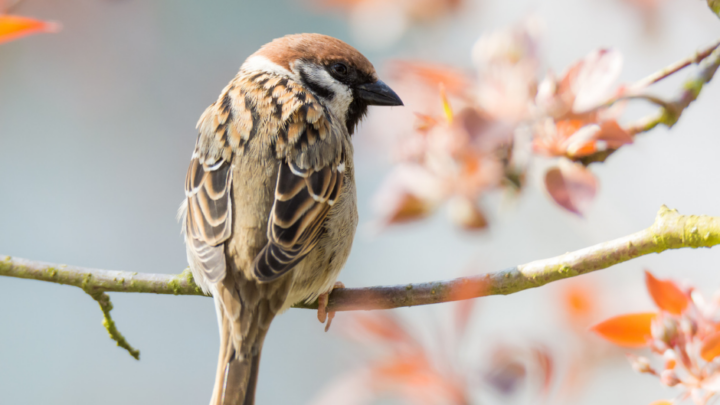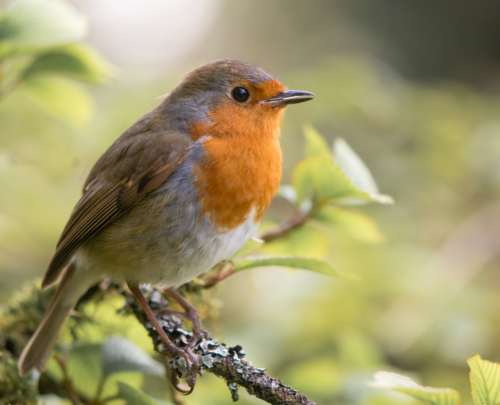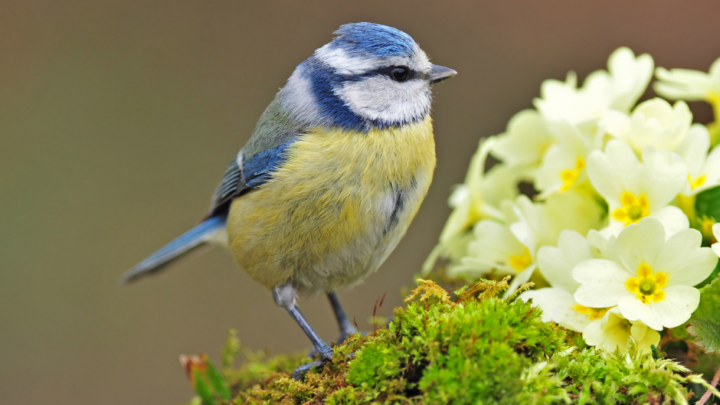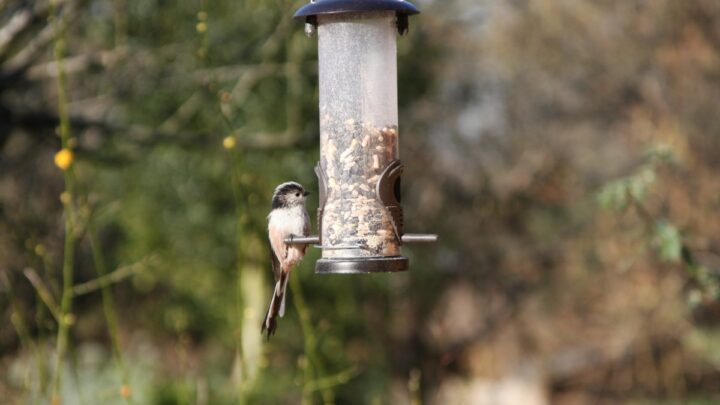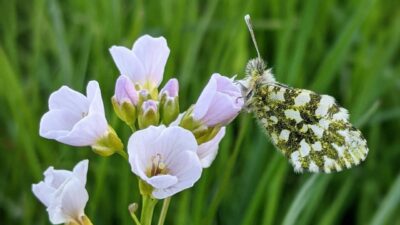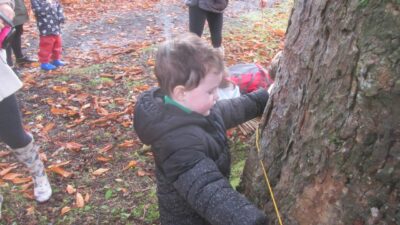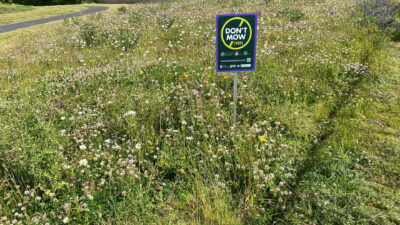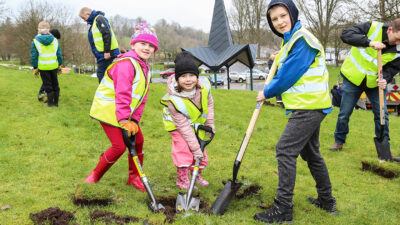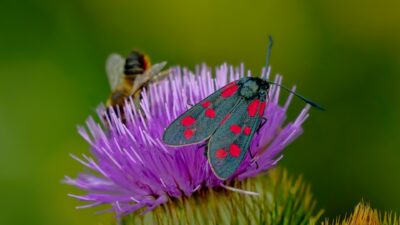Birdwatching
Our gardens are full of amazing birds to discover and enjoy.
From our resident robin redbreasts and colourful blue tits to our summer visitors like swallows and house martins, birds have all kinds of behaviours, feeding habits and nesting preferences making them a joy to watch. Why not take some time in your garden to find out what local feathered friends visit your backyard?
During the last weekend in January each year, the Royal Society for the Protection of Birds (RSPB) hosts The Big Garden Birdwatch. Everyone can participate in this weekend event which aims to encourage people to take time to connect with nature and discover what species of birds are thriving and those which may be in decline. According to the RSPB, 38 million birds have been lost from our skies in the last 50 years, therefore, it is important that we all take steps to help protect our birdlife.
Tips to start birdwatching:
- Download the RSPB and Woodland Trust sample ID sheets below (or from the many available online).
- Pick a quiet spot in your garden or a cosy seat by the window and wait!
- Use binoculars to see further and get a good close inspection of the feather colours or beak shape to help you identify each bird.
- To attract more birds to your garden, why not put out seed or nut feeders, or better still, make your own!
Benefits of birdwatching:
- Helps to reduce levels of the stress hormone, cortisol, and preventing stress in one of the best ways to reduce the risk of common conditions such as heart disease.
- Helps to improve your sleeping patterns by spending more time outdoors connecting with nature.
- Helps you to develop a greater sense of respect for others including nature, wildlife and the environment.
- Helps you to develop the ability to react quickly, otherwise you will miss out on some spectacular birds.
- A versatile hobby that can suit all activity levels as you can participate from the comfort of a chair beside a window.
- Helps to reduce feelings of loneliness as it is thought people can develop a companionship with garden birds.
- Gives you a sense of achievement as you learn a new skill.
Due to Avian Influenza, it is important to remember not to touch sick or dead birds and, if you discover any, you should report them to the landowner and the Department of Agriculture, Environment and Rural Affairs (DAERA) on 0300 200 7840. More information on Avian Influenza can be found on the DAERA website.


